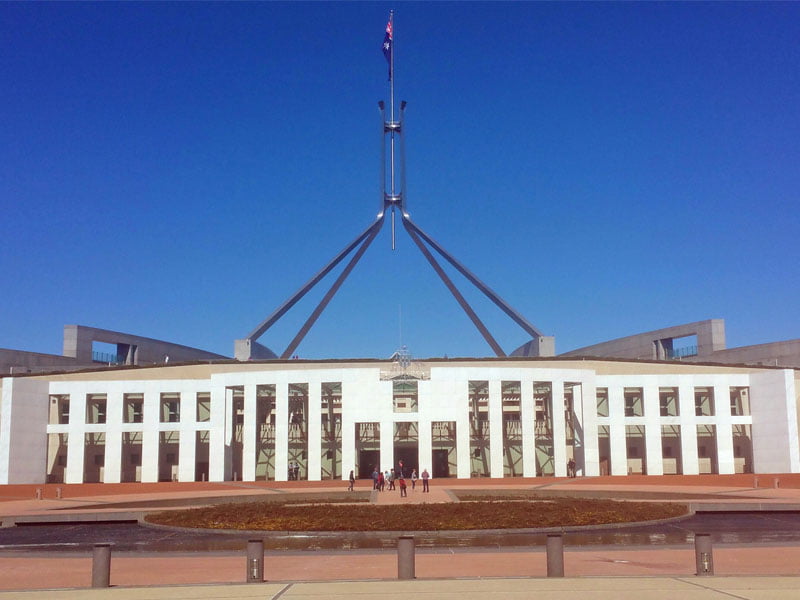The federal government’s controversial robo-debt data matching scheme has been further funded despite revelations the program has so far only just recovered more money than it has cost.
The expansion of the data-matching program within the Australian Taxation Office was buried deep in the budget documents, and follows more than a year of controversy surrounding the existing welfare data-matching scheme.
Dubbed robo-debt, the scheme started matched ATO data with welfare payouts to individuals in 2016. A notice is then automatically sent to individuals if a discrepancy was found.

The scheme was found to regularly inaccurately match data and send out debt notices when they did not exist.
Robo-debt has seen been subject to a Senate inquiry and Ombudsman report, and has been dubbed a disaster by the Opposition and various community groups.
In one sentence of page 178 of book two of the budget, the government flagged its intentions to continue the data-matching program for another year, and extend its scope.
“From 1 July 2021, DHS will continue to enhance the integrity of social welfare payments, by extending data matching activities with the Australian Taxation Office. This measure builds on previous measures to improve welfare payment integrity, supporting these activities until 30 June 2022,” the budget said.
“The government will continue its data-matching programs for an additional year to reduce welfare overpayments and maintain the integrity of the welfare system,” a fact sheet added.
The government said these extra measures would achieve savings of just under $300 million over three years from 2019-20.
The budget was handed down just a day after government admitted its data-matching scheme had recovered only $279 million in unpaid welfare debts so far, and has cost $276 million to administer.
In an answer to a Senate Estimates question on notice, the government added that a further $296 million will be recovered under current repayment arrangements.
While government boasts that the program has achieved $865 million in savings in total, it is including debts that it claims have been prevented in this figure.
The newest extension to the robo-debt program would cost nearly $17 million from 2019 to 2021, before apparently clawing back $316.1 million in 2021-22.
The government also revealed in the budget that it wants to work with state and territory governments to obtain data on individuals who have overdue fines, and then deduct these fines from welfare payments.
“From 1 March 2019, people receiving welfare payments with outstanding court-imposed fines will be encouraged to make repayment arrangements via Centrepay. If they do not voluntarily enter a repayment arrangement with the relevant state and territory government,” a government fact sheet said.
“If they fail to enter an arrangement, compulsory deductions will be taken from their welfare payments to pay for their fines.
“The Australian government will work closely with state and territory governments to determine the feasibility of the measure. This includes developing a framework for identifying welfare recipients with outstanding arrest warrants or court-imposed fines, and the subsequent actions.”
The federal budget also included a further $316.2 million for tranche three of the Welfare Payment Infrastructure Transformation (WPIT) program.
During Senate Finance and Public Administration References Committee hearing recently, Labor Senator Jenny McAllister said the robo-debt data-matching scheme had been a “disaster”.
“It produced incredible anxiety for a very large number of citizens,” Senator McAllister said.
Despite widespread condemnation, DHS acting deputy secretary of integrity and information Jason McNamara claimed it had been successful because it had recovered funds.
“The department’s view is we wouldn’t agree with the proposition it didn’t go that well. We’ve made a submission to the Senate inquiry and made it quite clear that we think the project has gone quite well. We’ve delivered lots of savings.”
Do you know more? Contact James Riley via Email.

